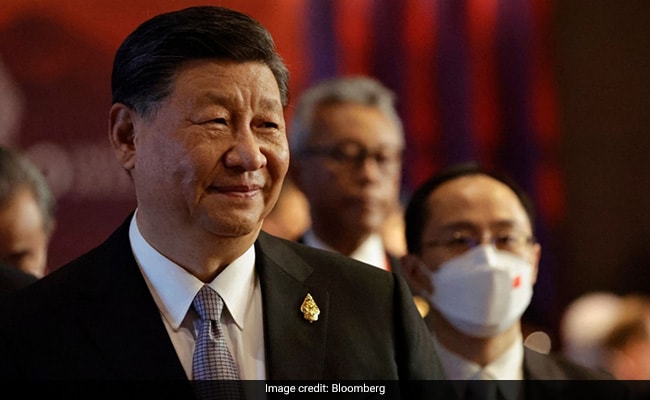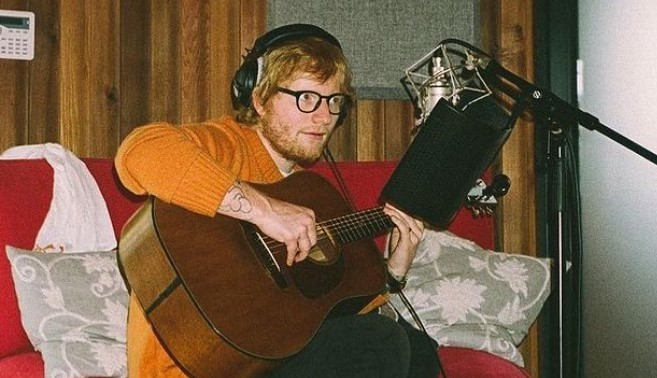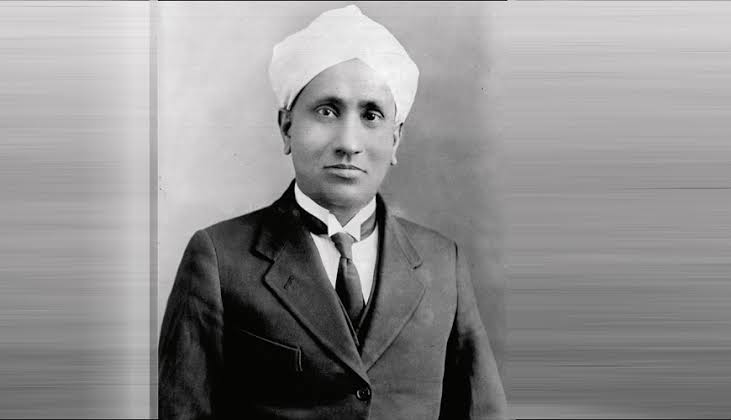
China gave its approval to a statement “strongly opposing the violence in Ukraine.” on Wednesday.
As it turns out, Chinese President Xi Jinping and Russian President Vladimir Putin do not intend to follow each other into a diplomatic exile.
Since Putin’s invasion of Ukraine about nine months ago, Xi has made his most major moves toward establishing distance between Beijing and Moscow through words and actions in recent weeks. The most recent indication came from a communiqué that China approved on Wednesday at the Group of 20 summit on the Indonesian resort island of Bali, which stated that “most nations strongly denounced the fighting in Ukraine.”
“The Russian president is almost alone in the world with his policy and has no strong alliance partner,” German Chancellor Olaf Scholz, who met Xi in Beijing earlier this month, told reporters in Bali on Wednesday. He noted the statement’s “astonishingly clear words.”
That act of solidarity came after Xi held a slew of cordial discussions with international leaders who have spearheaded the effort to sanction Moscow, including his first meeting with US President Joe Biden on Monday. During those discussions, Xi reaffirmed his opposition to using nuclear weapons in Ukraine, outlining China’s red lines without completely distancing itself from Russia.
The actions seemed to be a part of a larger return to pragmatism after Xi broke succession rules at a twice-decade party congress last month, setting himself up to rule for life. In the past week, China has also eased Covid quarantine requirements and presented a plan to rescue the battered real estate sector, indicating changes in key policies that are credited with damaging the financial markets and the economy.
“Finally getting all these meetings legitimately raises the prospect of whether this is a juncture after the congress where we will finally see that slight shift in tone,” said Andrew Gilholm, director of analysis for China and North Asia at Control Risks.
“Still I’d be very surprised if we saw a more fundamental change in policy,” he added. “And certainly I don’t think there’s any chance of sort of abandoning Russia and making major shifts.”
Xi after eschewing international travel for the first two and a half years of the pandemic, during which time perceptions of China deteriorated in most industrialised countries, is attempting to rebuild himself on the global stage. In his meeting with Biden in Bali, Xi tried to present himself as an adult in a divided world.
‘Statesman’
“A statesman should think about and know where to lead his country,” Xi said in a remark that could apply to Biden or Putin as much as himself. “He should also think about and know how to get along with other countries and the wider world.”
That doesn’t imply Xi is abandoning the “no limits” alliance he declared with Putin just weeks before the Russian president started the most destructive battle in Europe since World War II. Beijing continues to withhold its public condemnation of the conflict because it sees Moscow as a crucial ally in the US power challenge.
The only diplomat at the G-20 to meet in person with his Russian counterpart, Sergei Lavrov, who was filling in for Vladimir Putin, was Foreign Minister Wang Yi. This year, they had 10 conversations.
Wang said China would “continue to uphold an objective and fair position and play a constructive role” in promoting peace talks. Lavrov, in turn, said he was confident “the continuity of approaches toward our overarching partnership and strategic cooperation will be ensured.”
“China is trying to wear a ‘peaceful’ hat, but in reality there is not any significant criticism of Russia’s invasion of Ukraine, killing innocent civilians,” said Justyna Szczudlik, deputy head of research at the Polish Institute of International Affairs in Warsaw. “Anti-Western and anti-US glue sticks China and Russia very strongly.”
China’s recent summitry shows that improving relations with some of Russia’s most vocal opponents is still a top goal, and doing so necessitates ensuring them that Xi is not Putin’s ally. During the G-20, Xi had conversations with the heads of several US allies, including Yoon Suk Yeol of South Korea, Anthony Albanese of Australia, and Emmanuel Macron of France. On Thursday during the Asia-Pacific Economic Cooperation meeting, the Chinese president is set to have a conversation with Fumio Kishida, the prime minister of Japan.
In a news conference on Wednesday, Macron called Xi’s commitment to the United Nations charter “sincere” and said he has “no doubt that there are limits to the partnership” with Russia.
“China has always firmly condemned the use of the nuclear weapon in any form, China has always put that limit,” Macron said. “And President Xi Jinping has always been clear on that, he is calling for peace and the end of the conflict.”
That doesn’t mean all is well. In a rare unscripted moment at the G-20, Xi confronted Canadian leader Justin Trudeau and accused him of leaking details of a private meeting between the men. “If you are being sincere, we must communicate with mutual respect,” Xi told Trudeau. “If not, I’m not so sure how it will turn out.”
One Ukrainian diplomat in Beijing traced China’s efforts to distance itself from Russia to the Ukrainian counteroffensive that has reclaimed large swaths of territory since early September. That showed that the combination of Ukrainian troops and Western weapons were stronger than Russia and China realized, the diplomat said.
‘Signaling to the West’
Putin told Xi during a meeting in Uzbekistan that month that he understood Beijing’s “questions and concerns” about the conflict, in a rare sign of strains between the two. As the Russian setbacks pile up, Kremlin officials including former President Dmitry Medvedev have warned about the possible use of tactical nuclear weapons in Ukraine.
Then, in the Scholz visit earlier this month, Xi warned against any use of atomic weapons. A US statement after the Biden meeting, which China didn’t dispute, said both leaders expressed opposition to Russia’s loose talk of using nuclear weapons in Ukraine.
“There is a clear desire by Beijing to show that they want to move the US relationship to a more stable basis,” said Raffaello Pantucci, a senior fellow at the S. Rajaratnam School of International Studies at Nanyang Technological University in Singapore. “All of this is signaling to the West, rather particularly than a sign of distancing from Putin. More a clarification and signal that they want to find a stable way forwards.”






